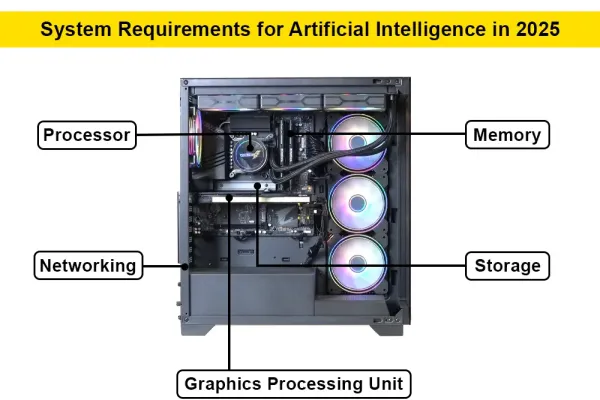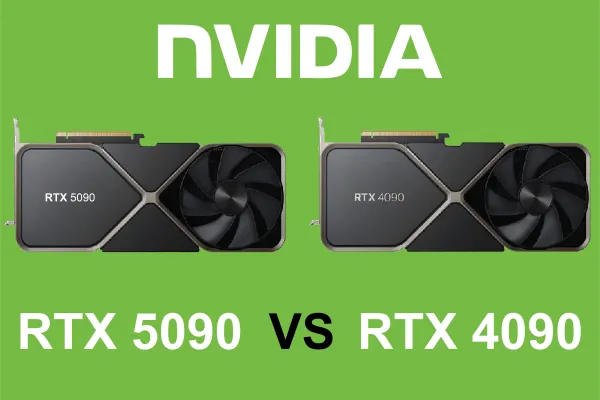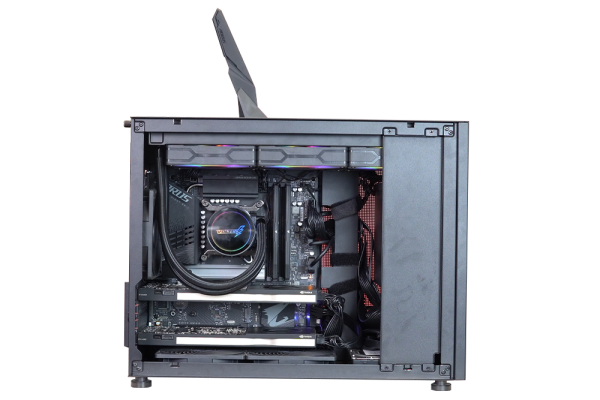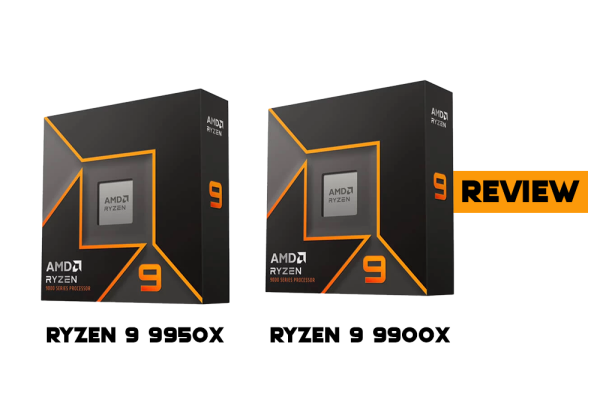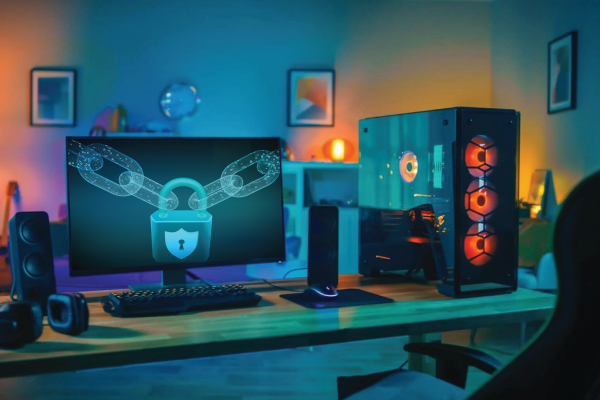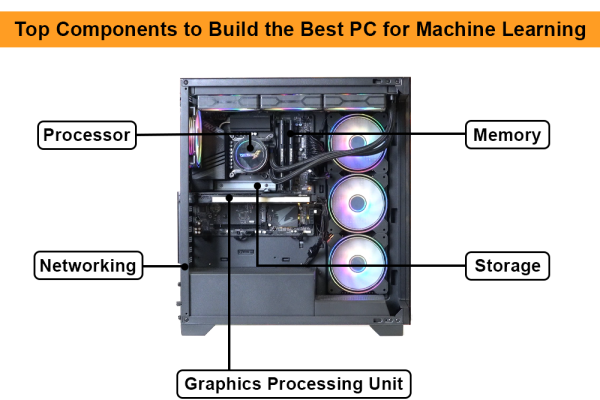
Top Components to Build the Best PC for Machine Learning Projects
Top Components to Build the Best PC for Machine Learning Projects
When it comes to building the best PC for machine learning, the right components can make all the difference. Machine learning tasks demand high computational power, making it essential to carefully choose each part of your PC. In this guide, we’ll explore the top components that will help you design a system optimized for handling complex algorithms and large datasets.
1. Processor (CPU)
The CPU serves as the brain of your PC, handling the core computations. For machine learning projects, a high-performance CPU is vital. Look for options such as:
- AMD Ryzen 9 7950X: Known for its multi-core performance, ideal for parallel tasks.
- Intel Core i9-13900K: Offers excellent single-thread and multi-thread performance.
A powerful CPU ensures smooth execution of data preprocessing, model training, and general tasks.
2. Graphics Processing Unit (GPU)
For machine learning projects, the GPU is the most critical component. It accelerates the training of deep learning models. Some of the best GPUs for machine learning include:
- NVIDIA RTX 4090: Exceptional CUDA core count and memory, perfect for large-scale AI projects.
- NVIDIA A100 Tensor Core GPU: Specifically designed for AI workloads, offering unmatched performance.
Having a high-end GPU is essential to build the best PC for machine learning, as it significantly reduces training time for neural networks.
3. Memory (RAM)
Machine learning tasks often involve processing large datasets, making sufficient RAM crucial. For an optimal build:
- Aim for at least 32GB of RAM, though 64GB or more is preferable for handling more extensive datasets.
- Consider high-speed RAM with a frequency of 3200 MHz or higher for better performance.
4. Storage
Fast and ample storage is another cornerstone of an efficient machine learning PC. The two main types of storage to consider are:
- NVMe SSD: For primary storage, an NVMe SSD like the Samsung 980 Pro (1TB or 2TB) ensures faster loading times and quick data access.
- HDD: Use a secondary HDD with 4TB or more for archiving datasets.
5. Motherboard
The motherboard acts as the backbone of your build, ensuring compatibility and seamless communication between components. Choose a motherboard with:
- Support for PCIe 4.0 or PCIe 5.0 for GPU and SSD compatibility.
- Sufficient slots for RAM upgrades and additional GPUs, such as the ASUS ROG Strix X670E or MSI MPG Z790 Edge.
6. Power Supply Unit (PSU)
A reliable PSU ensures your components receive stable power. For a machine learning PC:
- Opt for a 750W to 1000W PSU to support high-performance GPUs and CPUs.
- Choose a PSU with an 80 Plus Gold or Platinum rating for efficiency and durability.
7. Cooling System
With intensive workloads, effective cooling is crucial to prevent overheating. Consider:
- Liquid Cooling Solutions for CPUs, such as the Corsair Hydro Series H150i.
- High-quality case fans for maintaining airflow.
8. Case
Ensure your PC case has adequate space to accommodate all components and provide proper ventilation. Look for options such as the NZXT H7 Flow or Lian Li PC-O11 Dynamic.
9. Operating System and Software
While hardware is essential, the software setup is equally important. Use an OS like Ubuntu or Windows 11 and install machine learning libraries such as TensorFlow, PyTorch, and Scikit-learn.
Conclusion
Building the best PC for machine learning requires a strategic selection of high-performance components. Investing in a powerful GPU, sufficient RAM, and fast storage ensures your system can handle complex algorithms and large datasets efficiently. By following this guide, you’ll have a machine learning PC that empowers you to tackle AI projects with ease.
Posted 10 months ago
by Armaan




